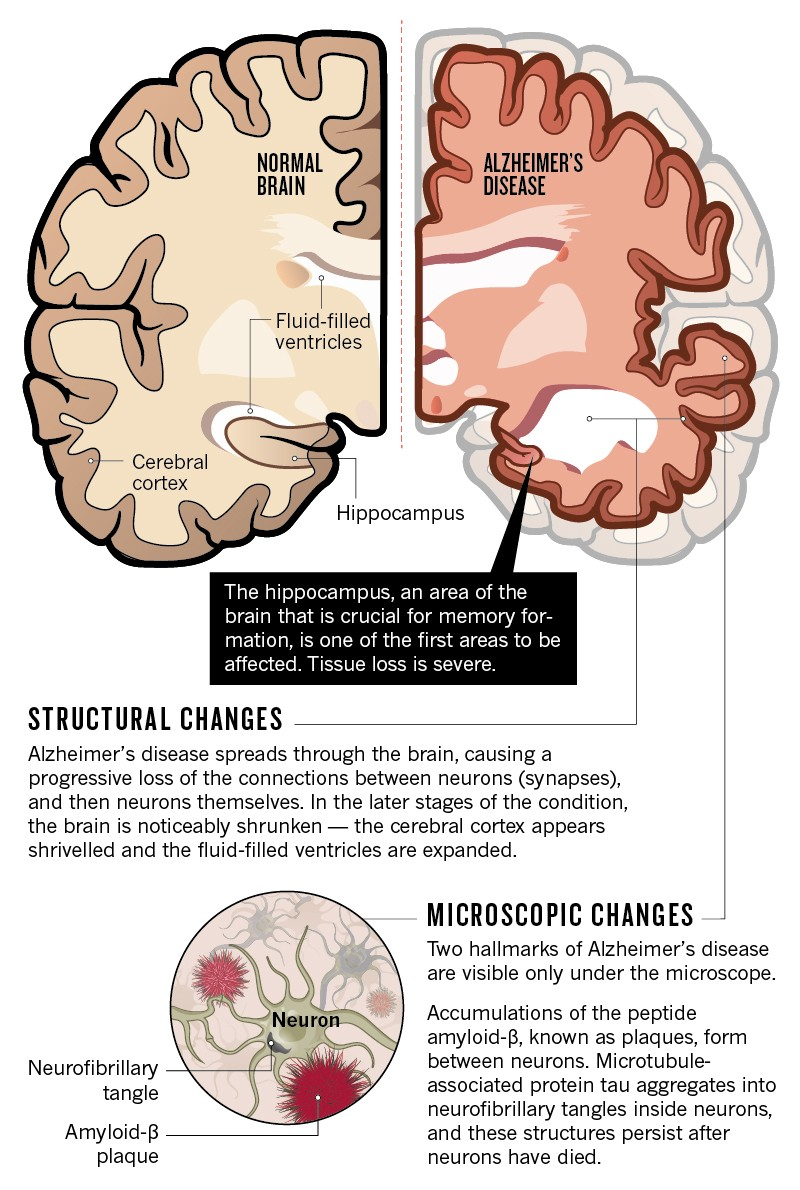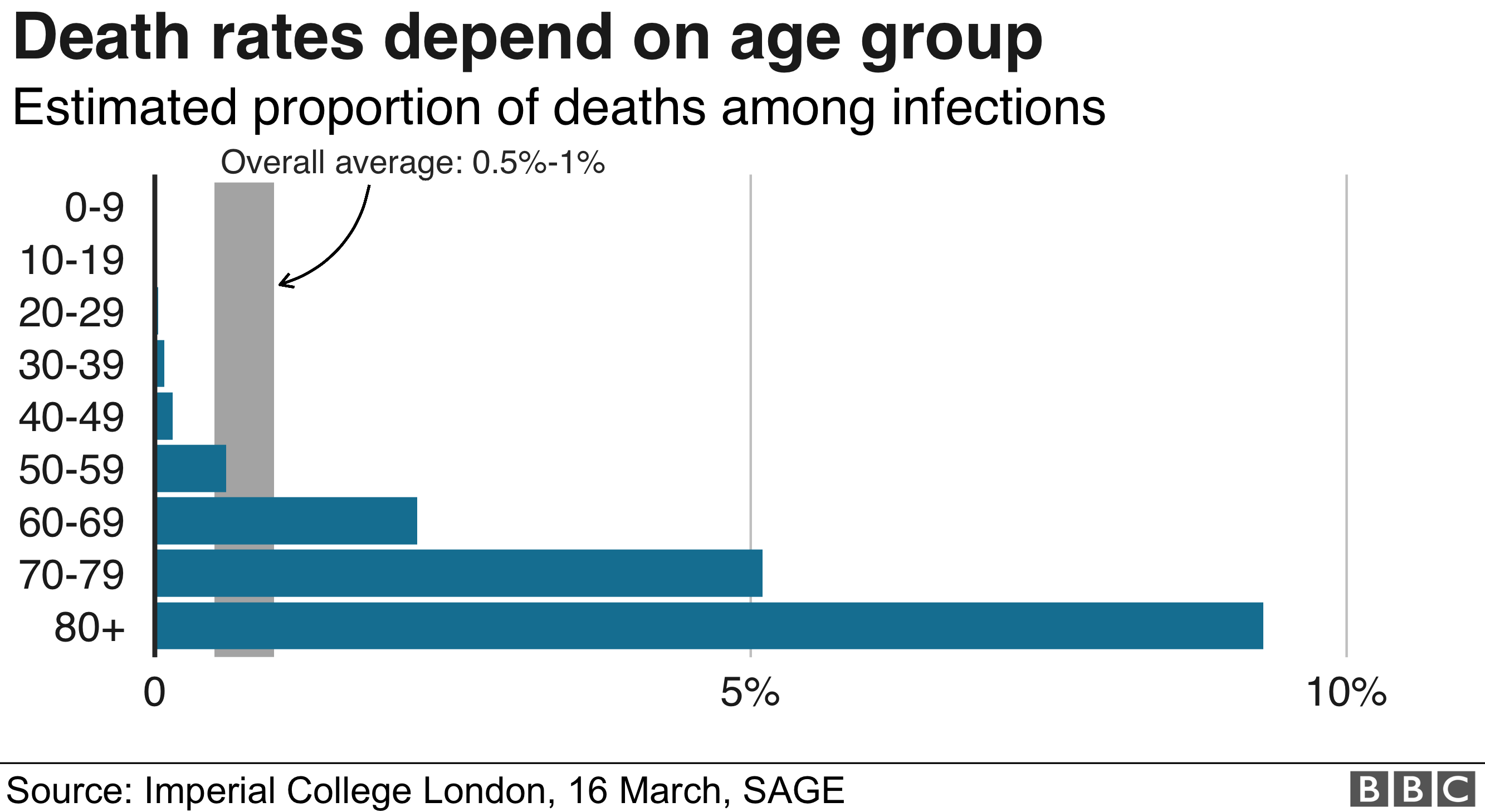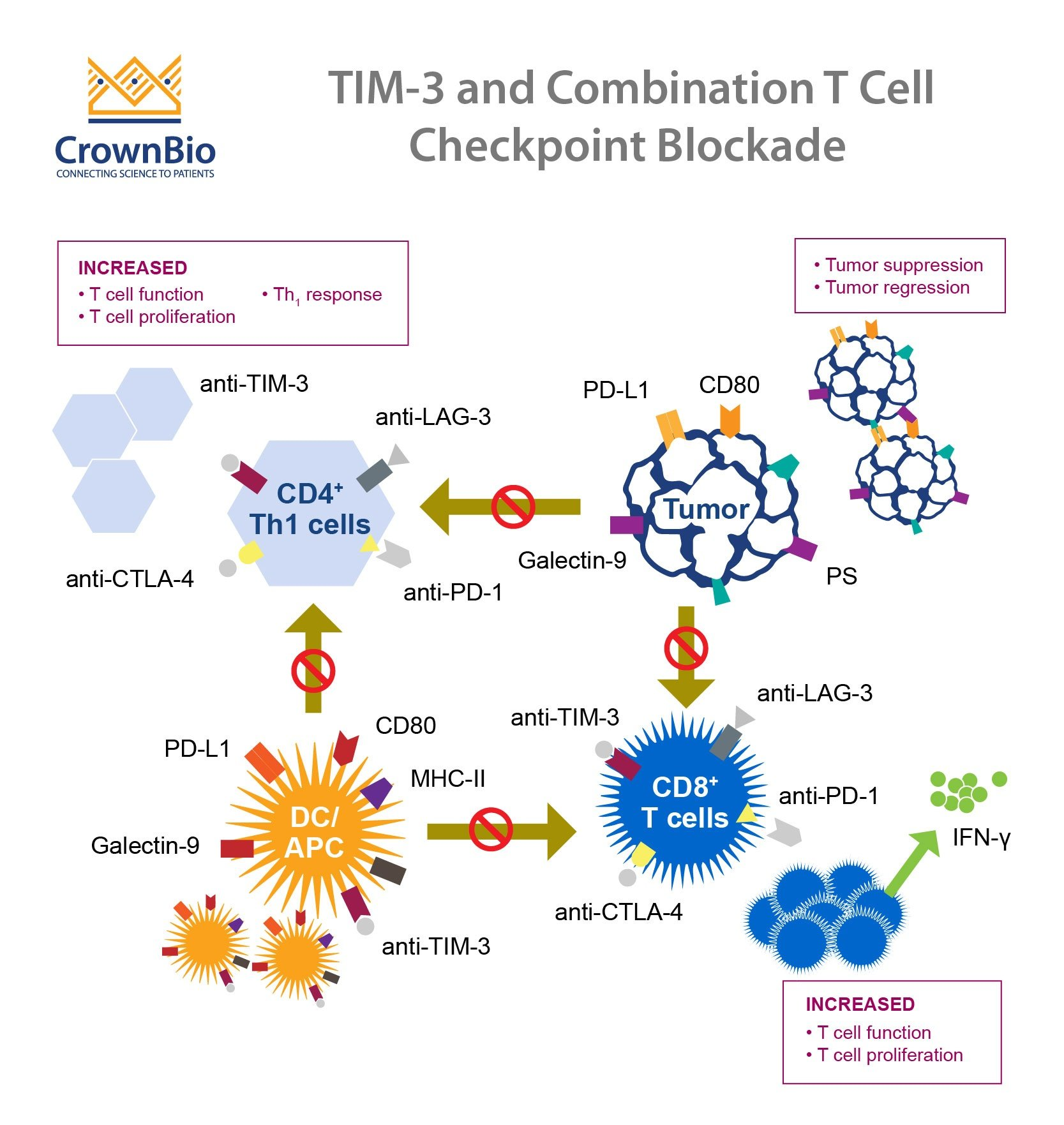Age-related brain diseases, including dementia, stroke, and late-life depression, pose significant challenges as the global population continues to age. Recent research has highlighted 17 modifiable risk factors that can substantially reduce the likelihood of developing these conditions, emphasizing the importance of proactive measures in safeguarding brain health. By addressing factors such as blood pressure, diet, and physical activity, individuals can significantly lower their risk of experiencing cognitive decline and emotional turmoil later in life. This study sheds light on dementia prevention and underscores the interconnectedness of these diseases, reinforcing that what benefits one area of health can positively impact another. As we strive for optimal brain health, understanding and modifying these stroke risk factors may redefine our approach to combating age-related brain diseases.
As we delve into the complexities of cognitive decline in older adults, the term “neurodegenerative disorders” often surfaces in discussions surrounding age-related brain diseases. These conditions, including ailments like Alzheimer’s disease, vascular dementia, and major depressive disorder in older age, highlight the intricate relationship between mental health and cognitive function. The implications of lifestyle choices, such as diet and exercise, play a significant role in managing modifiable risk factors associated with these disorders. With a focus on maintaining cognitive vitality, understanding the impact of activities that stimulate the mind is crucial for fostering resilience against cognitive degeneration. Emphasizing a holistic approach to brain wellness can provide a pathway not only to improve quality of life but also to enhance longevity in our aging population.
Understanding Age-Related Brain Diseases
Age-related brain diseases encompass a range of disorders that primarily affect older adults, including stroke, dementia, and late-life depression. As individuals age, the risk factors associated with these diseases often increase, making awareness and preventive measures essential for maintaining brain health. Research has established numerous connections between lifestyle choices and the likelihood of developing these conditions, highlighting the importance of proactive health management.
Understanding age-related brain diseases requires a comprehensive approach to manage and mitigate the risk factors involved. Researchers have identified significant elements that correlate with these conditions, such as hypertension, diabetes, and physical inactivity. By addressing these factors through lifestyle modifications and regular check-ups, individuals can significantly reduce their risk of experiencing debilitating neurological ailments.
Modifiable Risk Factors for Stroke and Dementia Prevention
Modifiable risk factors play a crucial role in the prevention of stroke and dementia. High blood pressure, diabetes, and obesity are among the most impactful factors that individuals can change through lifestyle adjustments. For instance, maintaining a healthy diet, engaging in regular physical activity, and managing stress can significantly lower the incidence of stroke and dementia. Healthcare professionals emphasize the importance of addressing these risk factors early to prevent the onset of serious health conditions.
Additionally, other modifiable risk factors like smoking, alcohol consumption, and social engagement have shown strong associations with brain health. Research suggests that avoiding smoking and excessive alcohol use, while promoting social connections and cognitive challenges, can enhance overall brain health and reduce the risk of dementia. These findings underscore the interconnectedness of lifestyle choices and neurological health, encouraging individuals to make informed decisions regarding their well-being.
The Interconnection Between Depression and Age-Related Brain Diseases
Late-life depression is a significant risk factor for developing other age-related brain diseases like stroke and dementia. Studies reveal a cyclical relationship where individuals suffering from one condition are at a heightened risk of experiencing the others. This overlapping risk emphasizes the need for targeted interventions aimed at not only treating depression but also addressing the broader context of brain health.
To effectively manage late-life depression, it is vital to recognize its modifiable risk factors. Factors such as social isolation, poor diet, and lack of physical activity contribute substantially to depression in older adults. By implementing strategies that encourage social engagement, proper nutrition, and regular exercise, individuals can mitigate the effects of depression and simultaneously decrease their risk of developing associated brain diseases.
The Role of Physical Activity in Enhancing Brain Health
Physical activity is a cornerstone of brain health, especially as we age. Engaging in regular exercise has been linked to a reduced risk of stroke, dementia, and late-life depression. This preventive aspect can be attributed to improved blood circulation, enhanced mood, and cognitive function that exercise facilitates. The recent research encourages older adults to incorporate physical activity into their daily routines to bolster brain health.
Moreover, exercise can serve as a protective mechanism against these age-related conditions by improving overall physical fitness and mental resilience. Activities such as walking, swimming, or participating in group exercises not only contribute physically but also foster social connections, further combating risks such as loneliness that can lead to depression. Emphasizing the significance of physical activity can empower individuals to take charge of their brain health proactively.
Nutritional Interventions for Brain Disease Prevention
Nutrition plays a crucial role in maintaining brain health and preventing age-related diseases. A well-balanced diet rich in antioxidants, omega-3 fatty acids, and vitamins is essential for cognitive function and mood regulation. Research indicates that diets such as the Mediterranean diet, which prioritizes fruits, vegetables, whole grains, and healthy fats, can significantly lower the risk of stroke, dementia, and depression.
In conjunction with diet, lifestyle choices such as reducing sugar and processed food intake can further enhance brain health. Given that high fasting plasma glucose and cholesterol levels are modifiable risk factors for cerebrovascular diseases, making informed dietary choices is a practical approach to mitigating these risks. Healthcare professionals advocate for a holistic approach that combines proper nutrition with other lifestyle changes to optimize overall brain health.
How Social Engagement Alters the Risk of Brain Diseases
Social engagement is increasingly recognized as a significant protective factor against age-related brain diseases. Interaction with family, friends, and community can decrease feelings of loneliness and isolation that often accompany aging. Studies have shown that individuals who actively participate in social activities demonstrate better cognitive function and a lower incidence of depression, translating to reduced risks for stroke and dementia.
The evidence suggests that fostering strong social networks can lead to improved mental and emotional health in older adults. Encouraging participation in group activities, clubs, or volunteer opportunities not only enhances social connections but also stimulates cognitive engagement. The reciprocal benefits of social relationships and brain health make social engagement a vital component of any strategy aimed at preventing age-related brain diseases.
Sleep Quality: A Key Element of Brain Health
Quality sleep is essential for maintaining optimal brain health and can significantly influence the risks associated with age-related diseases. Poor sleep has been linked to increased risks of late-life depression, stroke, and dementia. Sleep disturbances can impair cognitive function and emotional regulation, making it vital for older adults to prioritize their sleep hygiene.
By adopting practices that promote better sleep quality, such as establishing a regular sleep schedule, creating a restful environment, and limiting screen time before bed, individuals can reduce their risk of developing neurological conditions. A focus on sleep as a fundamental element of health can be a game-changer in the prevention of age-related brain diseases, underscoring the necessity of holistic care tailored to the needs of older populations.
The Importance of Continual Health Evaluations
Regular health evaluations are critical in identifying and managing the modifiable risk factors associated with age-related brain diseases. Early detection of conditions such as high blood pressure, high cholesterol, and diabetes can lead to timely interventions that mitigate the risks of developing stroke, dementia, and depression. Healthcare providers play a pivotal role in educating patients about the significance of regular check-ups.
Moreover, the creation of tools like the Brain Care Score can assist individuals in monitoring their brain health more closely. This score incorporates multiple health indicators and lifestyle choices to provide an assessment and guide improvements. By utilizing such tools, older adults can take proactive steps toward reducing their risks, further emphasizing the importance of personalized healthcare strategies.
Stress Management Techniques for Brain Health Preservation
Chronic stress is a silent adversary that can exacerbate the likelihood of age-related brain diseases. Stress negatively impacts mental health and has been linked to increased risks of stroke, dementia, and late-life depression. It is crucial for individuals to recognize the signs of stress and employ effective management techniques to safeguard their cognitive well-being.
Methods such as mindfulness meditation, deep breathing exercises, and engaging in hobbies can provide significant relief from stress. Additionally, building a supportive network can alleviate feelings of anxiety and depression tied to stressors. Taking proactive steps to manage stress as part of a broader wellness strategy is a practical measure for enhancing brain health in older adults.
Frequently Asked Questions
What are the main modifiable risk factors for age-related brain diseases like stroke and dementia?
Key modifiable risk factors for age-related brain diseases, including stroke and dementia, encompass high blood pressure, diabetes, obesity, and poor diet. Other factors include high cholesterol, physical inactivity, smoking, and chronic stress. Addressing these can significantly lower the risk of developing these conditions.
How can lifestyle changes help in dementia prevention among aging individuals?
Lifestyle changes play a crucial role in dementia prevention. Engaging in regular physical activity, maintaining a balanced diet, managing stress, and fostering social engagement are all effective strategies. By focusing on these modifiable risk factors, individuals can enhance their brain health and reduce the likelihood of dementia.
What is the link between late-life depression and age-related brain diseases?
Late-life depression is often interconnected with age-related brain diseases such as stroke and dementia. Common modifiable risk factors, like poor diet, lack of physical activity, and chronic stress, contribute to both depression and these neurological conditions, highlighting the importance of addressing them to improve overall brain health.
Can diet impact the risk of stroke and other age-related brain diseases?
Yes, diet significantly impacts the risk of stroke and other age-related brain diseases. A poor diet, high in saturated fats and sugars, has been linked to increased risks of dementia and stroke. Conversely, a diet rich in fruits, vegetables, and healthy fats can promote better brain health and potentially lower the risk.
What role does physical activity play in reducing the risk of age-related brain diseases?
Physical activity is a critical modifiable risk factor in reducing the risk of age-related brain diseases like stroke and dementia. Regular exercise enhances cardiovascular health, improves circulation, and may promote neurogenesis, all of which are beneficial for brain health and can help prevent related diseases.
How does stress influence the incidence of stroke and dementia?
Chronic stress has been shown to elevate the risk of both stroke and dementia. It can lead to hypertension and other health issues that exacerbate age-related brain diseases. Managing stress through mindfulness, exercise, and social connections can be beneficial for maintaining brain health.
What are the benefits of social engagement on brain health in older adults?
Social engagement has profound benefits for brain health in older adults. It helps reduce the risk of late-life depression and can even lower the risk of dementia and stroke. Staying socially active stimulates cognitive function and provides emotional support, essential for maintaining mental wellness.
How does smoking affect the risk of developing age-related brain diseases?
Smoking is a significant risk factor for developing age-related brain diseases, including stroke and dementia. It contributes to vascular problems and cognitive decline. Quitting smoking can lead to improved brain health and a decreased risk of such conditions.
Is there a connection between kidney disease and age-related brain diseases?
Yes, kidney disease is associated with an increased risk of developing age-related brain diseases like stroke and dementia. Poor kidney function can affect overall health, influencing vascular health and cognitive decline, making it vital to manage kidney health to mitigate these risks.
What is the Brain Care Score and how does it relate to age-related brain diseases?
The Brain Care Score is a tool developed to evaluate and promote strategies for safeguarding brain health. It incorporates the latest research on modifiable risk factors for age-related brain diseases, such as stroke and dementia, providing guidance to reduce these risks effectively.
| Risk Factor | Associated Impact |
|---|---|
| Diabetes | Risk factor for stroke, dementia, and depression |
| Blood Pressure | Major risk factor for all three conditions |
| Kidney Disease | Increases risk of all three conditions |
| Fasting Plasma Glucose | High levels linked to increased risk |
| Total Cholesterol | High levels associated with stroke and dementia |
| Alcohol Use | Excessive consumption raises risk of all three conditions |
| Diet | Poor diet linked to all three diseases |
| Hearing Loss | Modifiable risk factor primarily for dementia |
| Pain | Chronic pain linked to increased risk of depression |
| Physical Activity | Lack of activity associated with all three conditions |
| Purpose in Life | Insufficient sense of purpose relates to depression and issues |
| Sleep | Poor quality/quantity heightens risk of depression |
| Smoking | Major risk factor for stroke, dementia, and depression |
| Social Engagement | Low engagement increases depression risk |
| Stress | Chronic stress elevates depression risk |
| Depression | Untreated depression heightens risk of other diseases |
| Obesity | Risk factor for stroke, dementia, and depression |
Summary
Age-related brain diseases such as stroke, dementia, and late-life depression pose significant challenges to health as we grow older. Recent research has identified 17 modifiable risk factors that, when addressed, can significantly lower the risk of developing these interconnected conditions. By understanding and modifying these risk factors—from managing blood pressure and diabetes to improving diet and social engagement—individuals can take proactive steps toward better brain health and potentially diminish the impact of age-related neurological diseases.



